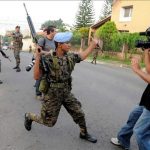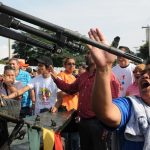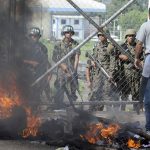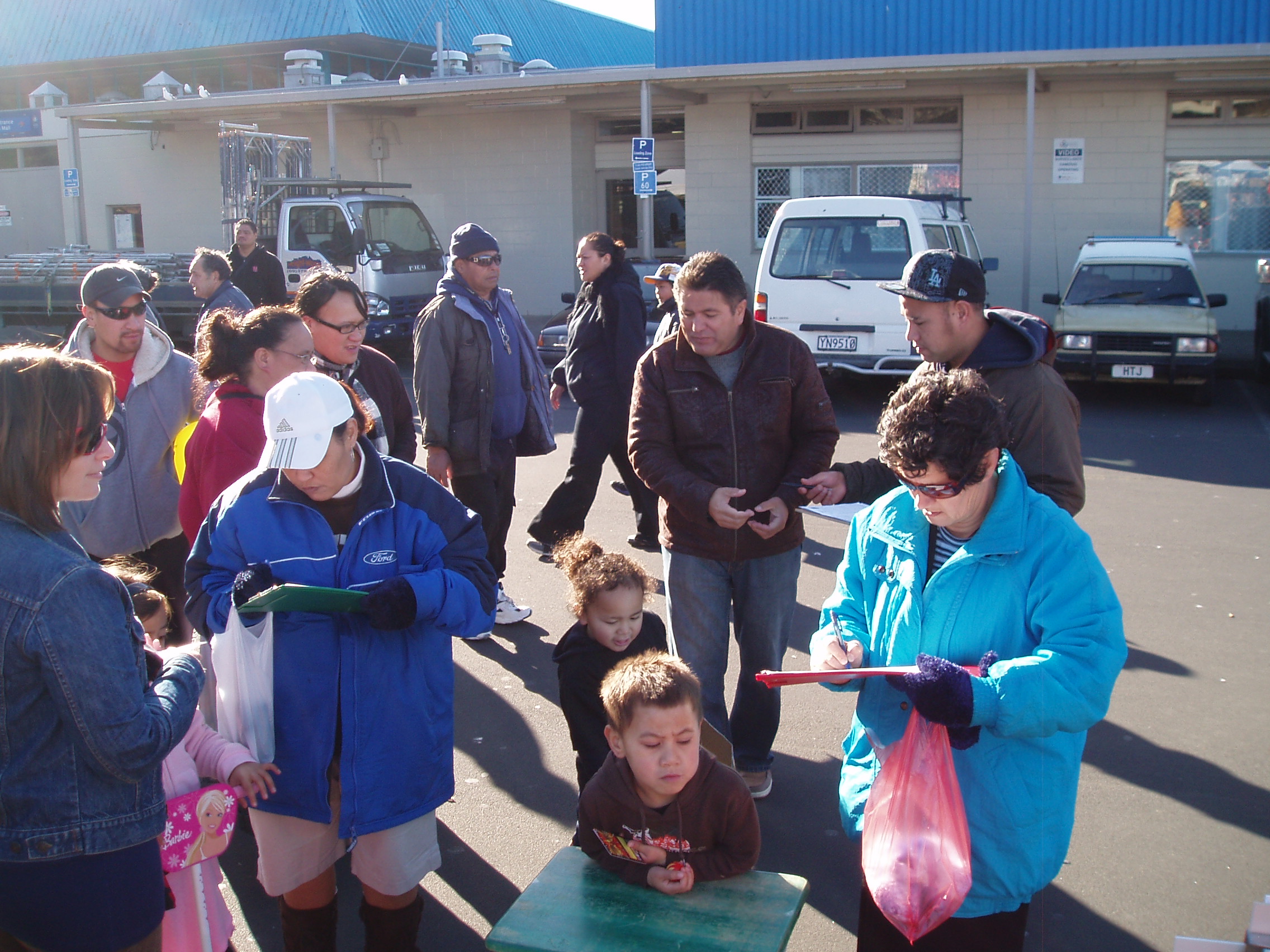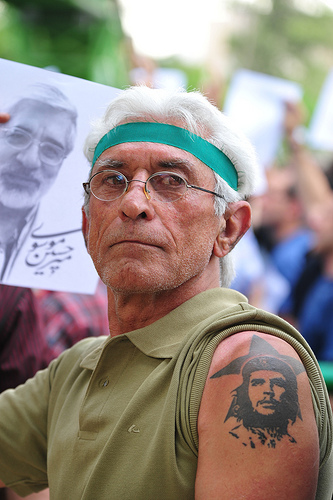
by John Edmundson
What is going on in Iran? The recent outbreak of massive demonstrations and subsequent repression by the Iranian state, in particular the Basij militias, has left many people confused. For all of Mahmoud Ahmadinejad’s faults, he has stood up to US imperialism over the years, refusing to bow to hypocritical US and international pressure over Iran’s nuclear programme. He has established close links with progressive governments in Latin America. Perhaps most importantly, he has stood firm on support for the right of the Palestinian people to fight for their homeland. And now he has become the subject of huge demonstrations, accusing him of rigging this month’s presidential elections, which he won with a landslide vote of over sixty percent.
Supporters of the Iranian regime, both within Iran and around the world, have accused the demonstrators, who have adopted green as the symbol of their movement, of manipulation by Western interests, the same interests who sponsored the other “colour revolutions”, such as the orange revolution in Ukraine and the rose revolution in Georgia. Certainly there is no doubt that the same Western interests that orchestrated those “revolutions” in Eastern Europe would like nothing better than the demise of the Iranian revolution and Mahmoud Ahmadinejad. They would like nothing better than the replacement of the current theocratic state by a pliable pro-Western leadership that would open up Iran to world capitalism and give imperialism (and Israel) a free rein in the Middle East. So what should the left make of the latest developments? Are we watching the latest case of a CIA engineered “colour revolution”, intended to roll back thirty years of Iranian revolution; are we seeing a new and genuine revolution of the Iranian working class and peasantry; or are we seeing something else?

